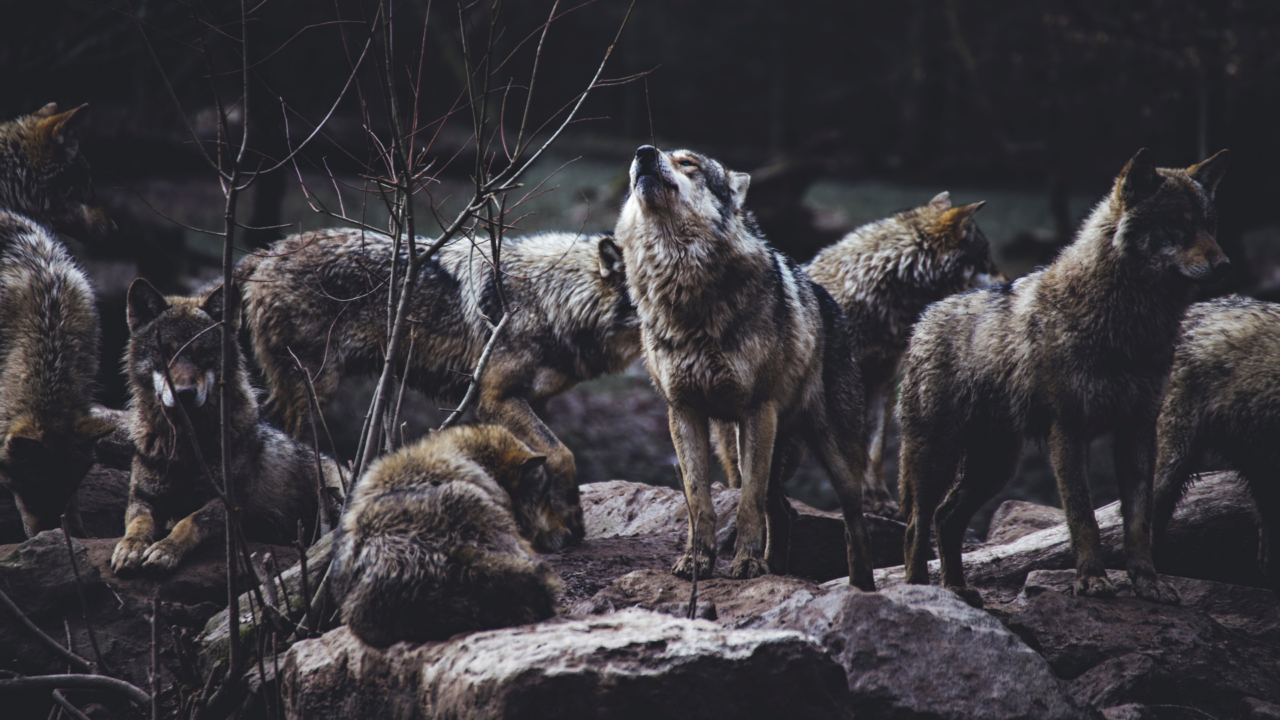A proposal to lower the conservation status of wolves in the EU has ignited questions on the equilibrium between environmental preservation and economic considerations.
In mid-December, the European Union proposed to demote the wolf’s status from ‘strictly protected’ to ‘protected’ under the Berne Convention. Many criticized this decision for its reversal of Europe’s environmental conservation efforts.
The Berne Convention, known in full as the Berne Convention on the Conservation of European Wildlife and Natural Habitats, was adopted in 1979.
The assembly plays a crucial role in promoting cooperation among European countries to take necessary actions to preserve their environments – chiefly, promoting sustainable use of natural resources and protecting endangered species and habitats.
More specifically, it mitigates the impact of human activities on wildlife and fosters a sustainable balance between our agendas and the conservation of natural habitats. Most importantly, the convention underscores the shared responsibility of nations to preserve the health and resilience of Europe’s rich natural heritage.
Though there are many statuses within the convention, the ‘strictly protected’ status typically implies a higher level of legal protection, often prohibiting any form of harm, disturbance, or exploitation of the species or habitat.
This designation is reserved for species facing severe threats or of critical ecological importance.
On the other hand, ‘protected’ status generally implies a set of regulations that aim to ensure sustainable management and use of the species or habitat, which can permit the hunting of the species if deemed necessary.
The decision to assign a ‘strictly protected’ or ‘protected’ status depends on various factors, including an animal’s conservation category, ecological importance, vulnerability to human activity, and cultural significance.
In the context of the EU, new analysis carried out by the organization on wolf populations showed that they have rebounded in recent years, with an estimated value of 20,300 wolves throughout the region – except for Ireland, Cyprus, and Malta.
This has reportedly led to an increase in attacks on livestock, causing economic hardship and emotional distress for farmers who are now lobbying for reduced wolf protection to prevent livestock predation losses.
Many have criticized this move as a ploy for the European Union’s President von der Leyen to gain the support of farmers as it may bolster her re-election campaign. Moreover, she herself was a victim of a wolf attack in which her pony was killed in Germany.





















